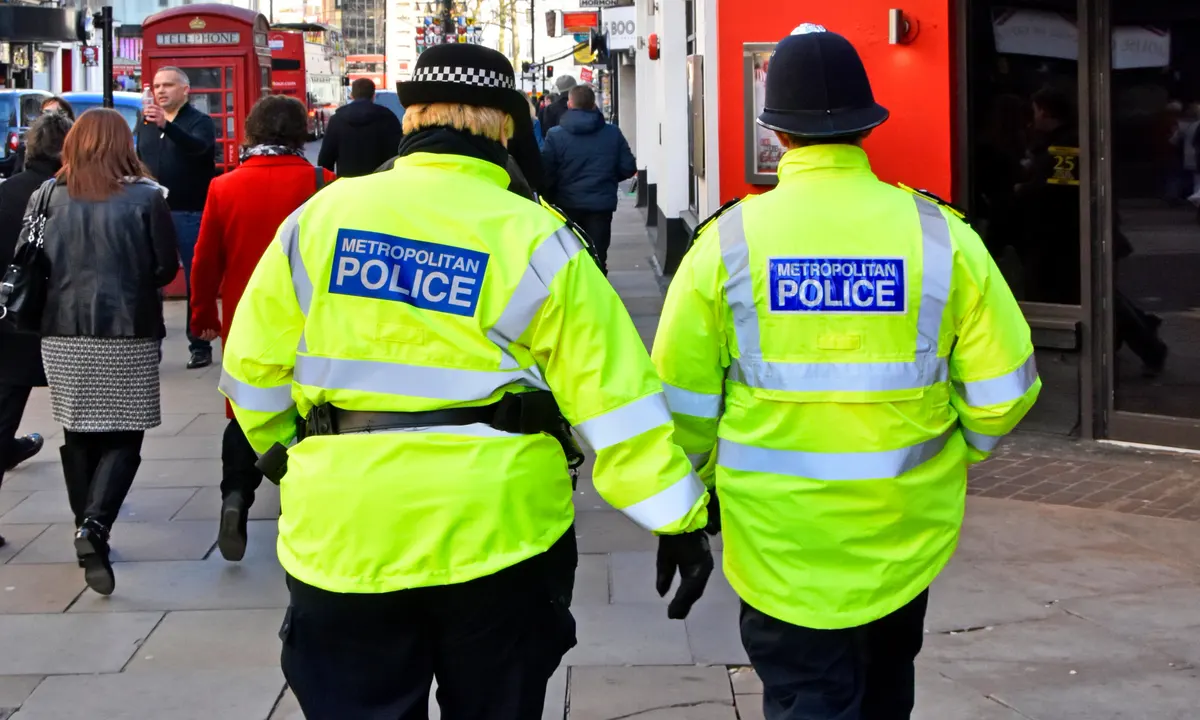London (Parliament Politic Magazine) – Ministers have instructed police forces to swiftly reduce the volume of mental health-related emergency calls they handle, aiming to release approximately one million hours of police time annually. However, mental health experts’ express concerns over the potential dangers associated with this directive.
Chris Philp, the policing minister, unveiled a fresh national strategy outlining the police’s involvement in mental health crises. According to the strategy, law enforcement should continue to respond to calls involving mental health matters when public safety is at risk or if a crime has been committed. However, 999 call handlers will receive updated guidelines to redirect a greater number of calls to health services.
Take On Mental Health Calls in UK
Minister is urging police not to respond to mental health related calls. This decision comes in response to the growing frustration surrounding the fact that police are being tasked with conducting mental health welfare checks that are unrelated to criminal activity or public safety concerns. Police officers who encounter individuals involved in non-criminal mental health incidents will be encouraged to transfer the cases to healthcare professionals within an hour.
This approach aims to minimize the time spent by officers accompanying these individuals to hospitals or other secure locations, which can sometimes extend up to 14 hours. By promptly transferring these cases to healthcare workers, police officers can focus on their primary responsibilities. It will ensure public safety and maintain law and order.
Dr. Sarah Hughes, the highly respected Chief Executive of Mind, a distinguished mental health charity, expressed her deep-seated worry upon hearing the disconcerting news. “[It] goes nowhere near offering enough guarantees that these changes will be introduced safely – there is no new funding attached and no explanation of how agencies will be held accountable.” She reveals.
Mental Health Service in UK Not Sourced Well
According to Doctor Sarah Hughes: “It is simply impossible to take a million hours of support out of the system without replacing it with investment, and mental health services are not resourced to step up overnight.” The new plan, known as “right care, right person” (RCRP), looks likely to create tension between police and health services over the speed of rollout and the resources available to ensure vulnerable people do not fall between the cracks.
It states that “police forces will ultimately determine the timeframe for implementing the RCRP approach locally” but it “should be established following engagement with health, social care and other relevant partners.”.
In light of mounting pressure on the mental health workforce within the NHS, health officials are advocating for a measured approach in implementing changes. They emphasize that expanding the mental health workforce is an ongoing endeavor.
The Royal College of Psychiatrists has expressed the need for caution, asserting that the plan should not be seen as an endorsement for unilaterally ceasing police involvement in mental health emergencies. They argue that such a move poses a genuine risk to patients.
Read More: The Secret to Optimal Brain Health: Adopt These Easy Sleep Habits
Mental Health System Workforce
According to a recent parliamentary report, the Mind organization expressed concerns about the potential risks of withdrawing forces while local communities and health systems figure out how to address the situation.
In the span of 2021-22, the NHS mental health workforce witnessed a commendable overall growth of 22% compared to the figures from 2016-17. However, the report also highlighted a significant surge of 44% in referrals to the services offered by these professionals.
Doctor Lade Smith, the president of the RCP is calling for a lot more funding: “The fact is there are certain legal powers only held by the police such as the power to convey a person in crisis from a public place to a place of safety, and so mental health is always going to be police business.”
Claire Murdoch, the mental health director of NHS England, emphasized the importance of police and health services evaluating the necessary resources to effectively implement this initiative. However, despite this crucial need, the government did not unveil any new funding.
Instead, they referred to a previously announced investment of £2.3 billion per year starting from next April. This investment aims to generate an additional 2 million mental health treatment packages and allocate £150 million towards urgent and emergency mental health care services.


